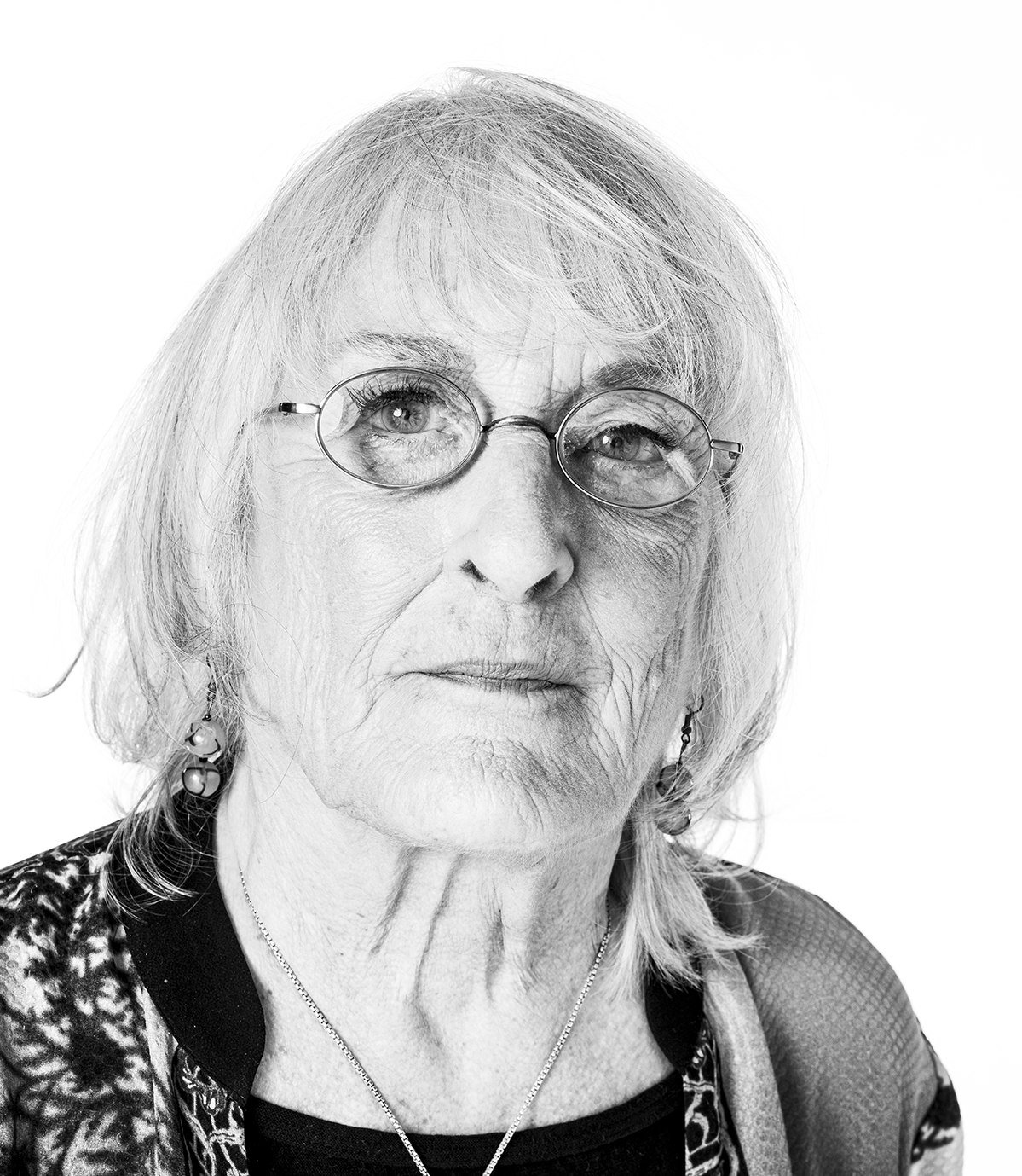Dear Marilyn:
Some of my friends tell me they are bitter because they were circumcised as babies. They say they feel like they were robbed of ever experiencing full sexual pleasure. I don’t understand them. I am circumcised and enjoy sex very much. Honestly, I can’t imagine it being any better. Am I missing something?
—Samuel in Greenville, South Carolina
Dear Samuel:
You are not the only cut man who feels this way. If your foreskin is missing, it’s hard to imagine how it would feel to have sex with an intact penis. But the truth is that sex is better—yes, more complete—when your genitals are intact.
The foreskin is the most erogenous part of the male genitalia. It has tens of thousands of nerve endings that respond to the lightest touch. When the penis is erect, the foreskin slips back from the glans (the head of the penis) and folds into ridged band that is ultrasensitive. During intercourse, the ridged band of foreskin works to stimulate both partners as the glans glides smoothly in and out. Here’s how it works.
Although many cut men are willing to publicly talk about how circumcision has affected them emotionally, physically, and sexually, far more cut men find it hard to acknowledge that their genitals aren’t complete. They also are reluctant to admit that their parents—who were supposed to protect them—allowed a doctor to amputate healthy, normal tissue from their genitals.
I’m glad you are enjoying good sex. However, without a foreskin to protect it, your penis will likely lose sensitivity as you get older. Also, sadly, circumcised men are three to four times more likely to experience erectile dysfunction than intact men.
I hope this helps you to understand what your friends are saying, and that you will join with us at Intact America to end the cycle of circumcision that has caused so much harm to American men.
—Marilyn






